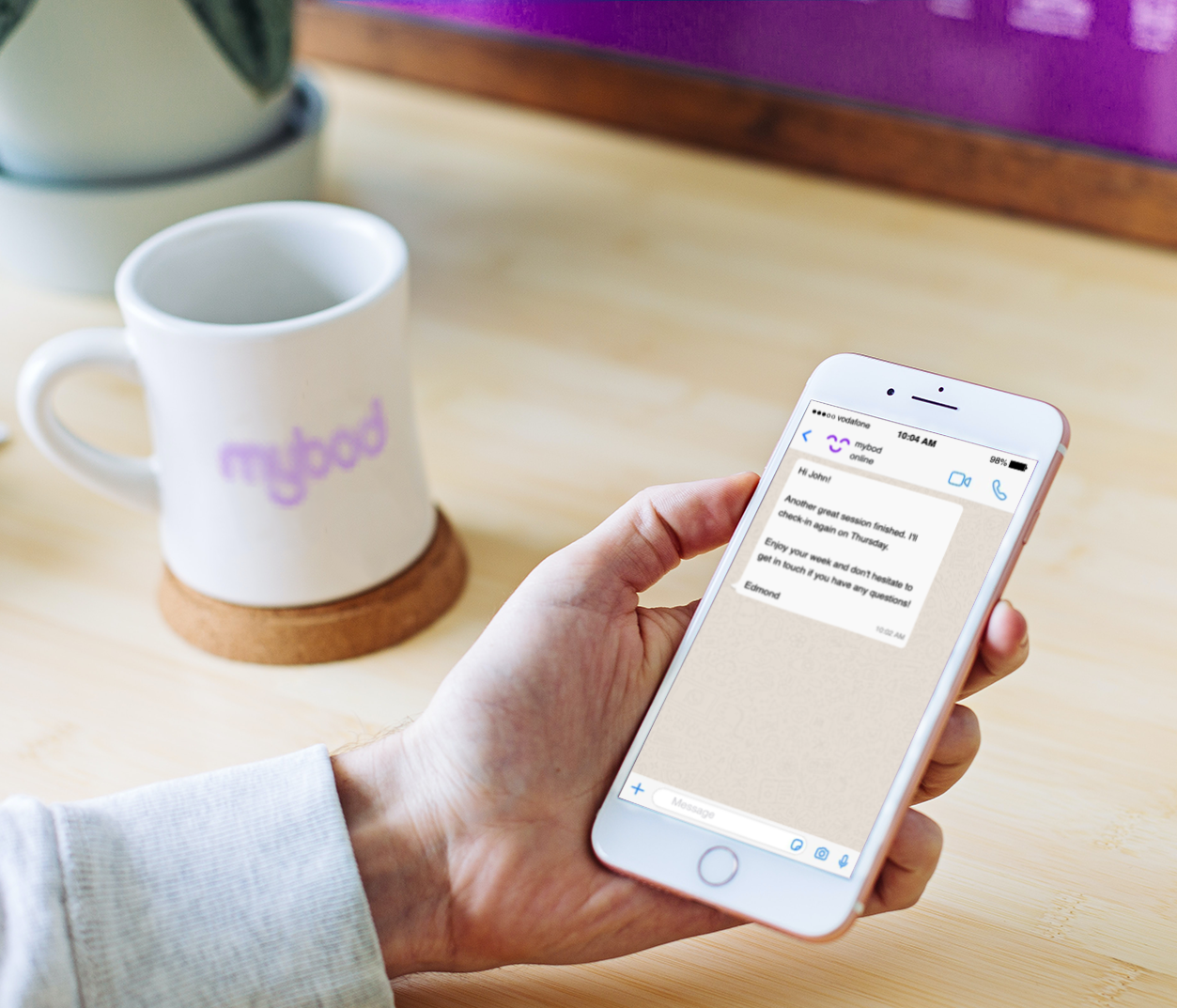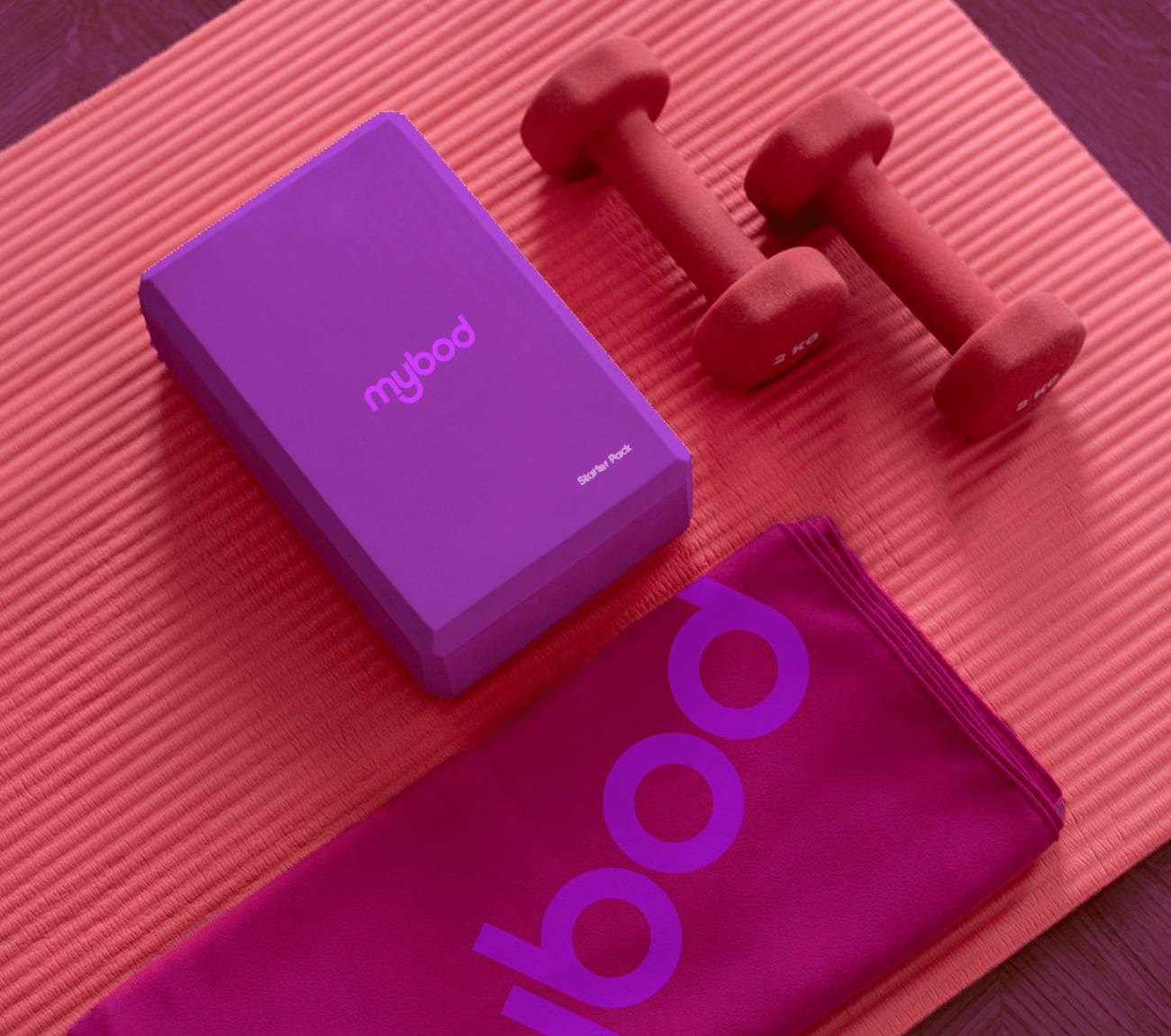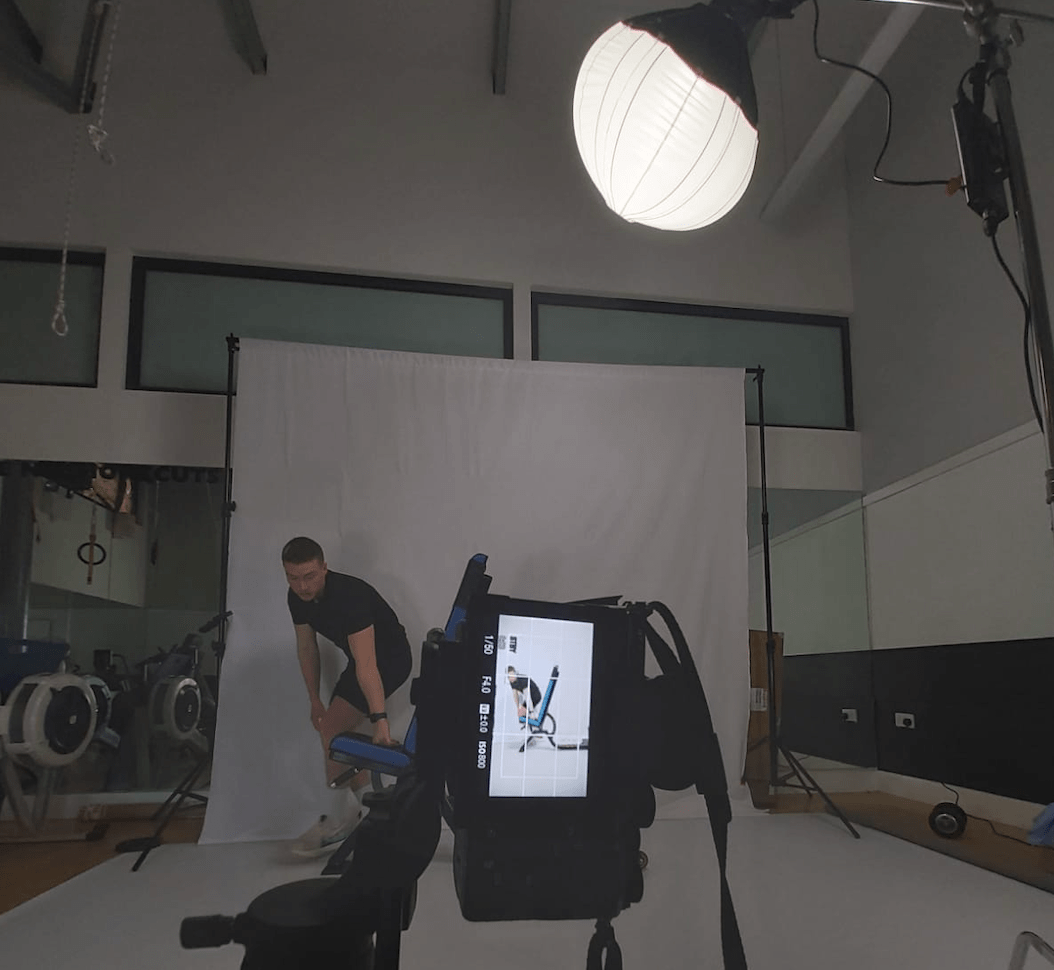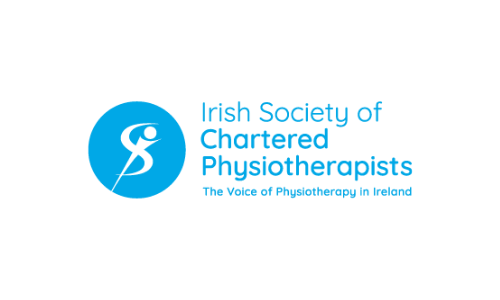General Physiotherapy
What is Physiotherapy?
Physiotherapy consists of the assessment, diagnosis and management of injuries that result from wear & tear, physical activities, posture, stress or a sedentary lifestyle. The term “injury” encompasses all aches, pains, niggles and discomforts that result in your inability to live your daily life in comfort. There are quite a few things that you can take away from a physiotherapy appointment. Injuries can be divided into 2 categories;
Traumatic Injuries
Traumatic injuries are very common in daily life. These injuries tend to be very easy to remember as the onset of pain and can be easily attributed to one very specific event, movement or fall. An example of a traumatic injury would be rolling your ankle while stepping off a ledge or falling over and using your arm to break the fall, resulting in shoulder pain. Bruising or swelling may be evident in the affected are and the extent of this bruising and/or swelling is usually a good indication to the level of damage done to the tissue. A physiotherapy appointment can give you the peace of mind that you need with a diagnosis, an estimated time to recovery and a rehabilitation plan that is specific to you and your issue. Sports massage, manual therapy techniques, dry needling and other pain management tools may also be used for short-term pain relief.
Atraumatic Injuries
These injuries are also very common in daily life. Atraumatic injuries are pains, aches and discomforts that cannot easily be associated with one specific event, movement or fall. Often they are pains that have slowly increased over time, or may have gone away and returned continually. If your job is labour intensive and requires repetitive motions or heavy lifting, you can start to gradually develop injuries like Tennis Elbow or Golfer’s Elbow (without even playing either sport). Similarly, if you sit at a desk for long periods of time, you might start to experience Neck Pain or Lower Back Pain. Other examples of atraumatic injuries are Achilles Tendinopathy, Frozen Shoulder, Sciatica, Arthritis & Joint Pain.

As there was no traumatic event, sometimes more pain does not necessarily mean more structural damage to your body; which means you may be able to address the issue in the background while also being able to continue to stay active. Depending on the issue, some adjustments to your daily life or activities may or may not be necessary but the most important thing is for you to have a clear understanding of the issue and how to address it.
Your Physiotherapist will take a detailed examination of your pain and your physical capabilities to determine a diagnosis and offer a rehabilitation plan to address your specific issue.
Common General Physio Injuries
Whiplash
An injury caused by the forceful jolting of the neck. Most commonly seen after car accidents.
Ankle Sprain
Occurs when moving the ankle in any direction beyond the ligament’s range of motion.
Sciatica
Refers to pain felt along the sciatic nerve. Often caused by a herniated disc or bone spur.
Frozen Shoulder
A condition involving varying stiffness and pain with limited mobility in the Shoulder Joint.
Achilles Tendinopathy
Damage to the Achilles Tendon, typically through overuse and injury over time.
Arthritis & Joint Pain
Tenderness or swelling of at least one joint as cartilage breaks down. Often worsens with age.
Hip Pain
Hip Pain can develop for a number of reasons and typically gets worse as we age.
Lower Back Pain
4/5 people will experience back pain at some stage in their life. Occurs both gradually and suddenly.
Naturally, you may be suffering from an injury that is not listed above. Being based inside a gym, we are equipped to deal with any and all injuries. Daily life takes its toll on the body and managing this is key to living your best life. Here at mybod, we are dedicated to ensuring you get the right treatment by the right healthcare professional. Exercise and Time are our greatest allies.
What to expect
Booking your Appointment
You can book your Physiotherapy Appointment at any of our Locations or arrange an Online Consultation. It’s easy to book directly online or on any of our Social Media Channels. You can also give us a call, send a text or Whatsapp us. Head over to our Booking Page for details.
We are here to make your first Physiotherapy session as comfortable as possible and allow you to gain peace of mind within 40 minutes. It’s important as a patient, that you know you’re being treated by an ISCP Chartered Professional.

Let us know
Tell us the details of your injury and other relevant medical information.

Consent
You will be required to give your Physiotherapist permission to treat you.

Friendly Reminders
After booking confirmation, we will remind you 24 hours before your session.

Arrive in Comfort
Arrive ahead of your appointment knowing that everything is taken care of.
With your Physio

Diagnosis
Your Physiotherapist will assess your movement from lying to standing. They may also run tests to get a sense of what is happening. Your Physiotherapist will explain the findings of your assessment to you and answer any questions you have. You will leave with a set of clear instructions and a firm understanding of your injury, feeling prepared and more comfortable.

Your Care Plan
After your session, your Physio will provide you with a link to access your digital Exercise Programme, available in PDF format or via an app called Physiapp. This will have both guidelines and an exercise schedule so that you are confident and prepared moving forward.


Timeline
Your Physiotherapist will outline a timeline for your recovery, including an estimated number of sessions and therapies. There is never one straight path for an injury to heal, but you will be given instructions on what to do and what not to do, so that you feel capable of achieving your goals and returning to play as quickly as possible.
Aftercare
Communication
Your Physio will be available to you via your preferred communication channel, even after discharge. You can reach out with any questions about your recovery. Your updates will be saved to your mybod profile to build a full picture of your health.
Checking In
Your plan will include all necessary Exercises and Information, so you and your Physio can track and monitor your Daily Progress. This approach ensures you won’t be paying for sessions you do not require.
Content
We will create In-House content for you when necessary. We select each Exercise with all demographics in mind and create your Instructions. This allows you to have an extra degree of control and familiarity over your recovery.
After your appointment

Receive your Invoice
After each session with us, we will send your personal invoice via email directly after payment.

Make your Claim
Many Health Insurance Policies cover Physiotherapy and their apps have claiming features.
We are ready and waiting to assist you in claiming back your session cost from your Health Insurance Provider. Check the name of your policy and understand the benefits that your plan includes. Contact us if you have any questions. It is important to note that your Physiotherapy claim will only be valid if you were treated by a Chartered Physiotherapist.
Vhi
You can claim back your Physiotherapy session cost with Vhi’s “Snap & Send”.

Laya Healthcare
Along with other benefits, the Laya App enables you to claim on your Physio.
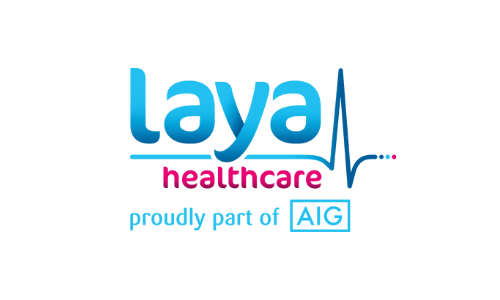
Irish Life Health
Log into your Account Online to make your claim with Irish Life. A member app is available too.
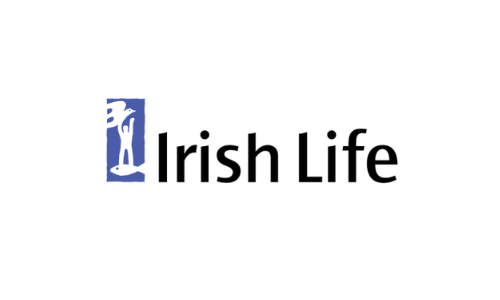
Questions?
What are your prices?
All pricing can be found on our Booking Page here.
Do I need to go to my GP first?
No. You do not require a referral to book an appointment with us.
Do I need Physiotherapy?
Physiotherapy is about prevention and cure. Even if there is confirmed structural damage, a Chartered Physiotherapist can treat your injury.
What should I wear to my appointment?
It is best to wear shorts if the issue is your lower body and a T-shirt or Singlet if the issue is with your upper body.
